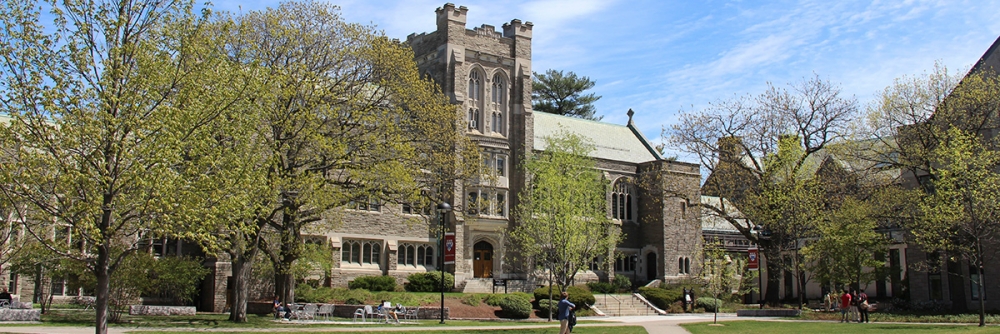
The Christian Century (February 15) reports that mainline seminaries are increasingly partnering with megachurches for financial reasons as well as to draw on their expertise in evangelism, church growth, and leadership. Residential-based seminary education, with its high tuitions and other living expenses, has increasingly been falling out of favor with seminarians and potential clergy, who are opting for online and distance learning programs that they complete without leaving their homes and careers. Mainline seminaries’ continuing financial problems due to low enrollment and the resulting difficulties in maintaining old buildings are other factors that have moved megachurches into the theological education field. Those seminaries that have shown some resilience are the ones that have teamed up with larger churches to deliver their educational services, writes Jason Byassee and Ross Lockhart. Saint Paul’s School of Theology in Kansas City was forced to close its campus in the center of the city and start holding its classes in the 20,000-member Church of the Resurrection in the suburbs.
This United Methodist megachurch provides the school with practicums that offer “nuts-and-bolts topics like funerals, stewardship, and youth ministry.” There is some tension in the fact that Saint Paul’s is more liberal in theology and oriented more toward social action than the centrist evangelical megachurch. Asbury Theological Seminary in Kentucky is another example of this trend, though in this case the unaffiliated (and more evangelical) school in the Wesleyan tradition has “planted” a satellite seminary in another United Methodist megachurch in Memphis, Tennessee. The new campus makes little effort to offer on-campus formation, instead drawing on the congregation’s extensive ministry in downtown Memphis. St. Mellitus College has pioneered a similar kind of partnership in the U.K. The seminary, with about 400 students, was the result of a merger between two diocesan theological programs associated with the evangelical “megaparish” Holy Trinity in Brompton and St. Jude’s Church in the west of London.
Meanwhile, the flagship seminary of liberal religion in the U.S., Harvard Divinity School, is moving away from specifically Christian traditions toward more social activism and secular spirituality, according to the Harvard Crimson newspaper (February 16). Although traditionally in a liberal Christian-Unitarian framework since the early 1800s, a reorganization of its curriculum in 2005 moved the school to put as much emphasis on non-Christian as Christian traditions, embracing pluralism to such a degree that critics charge that the institution has lost its center of gravity. Only 40 percent of 2015’s incoming class chose to pursue a Masters of Divinity, which is usually the preparation degree for those entering the ministry. The majority study for a Masters of Theological Studies, a two-year academic track that serves as preparation for the Ph.D. Jon Levinson, a professor of Jewish studies, says that in many ways, the school functions as a “religious studies department that for historical reasons is constituted as an independent faculty rather than part of the [Faculty of Arts and Sciences].”
If a center of gravity still exists at the school, it is based in students’ preparation for work in religious and secular progressive NGOs. The Divinity School Racial Justice and Healing Initiative, one of many activist groups on campus, embodies such a center, organizing a recent “Week of Resistance” consisting of protests and workshops. Several programs at the school look at what can be called secular spirituality. The Ministry Innovation Fellows study groups like SoulCycle and CrossFit for their emphasis on community and how they may function like religious groups. The Science, Religion, and Culture program uses “religious community as a starting point for building new, non-religious connections,” such as “creating green spaces [and] STEM education for girls.”
(Christian Century, https://www.christiancentury.org; The Crimson, http://www.thecrimson.com)
